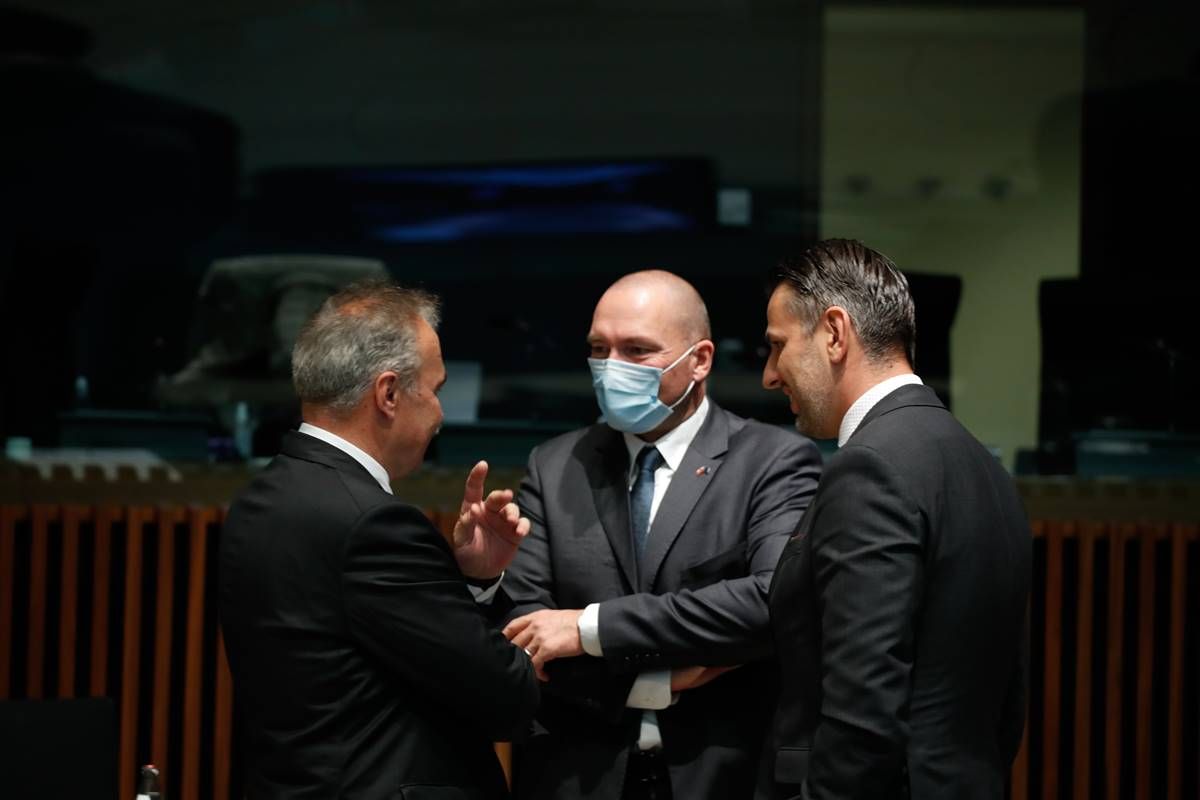Ministers of Agriculture discussed the preparation of CAP Strategic Plans, the revision of EU marketing standards, including labelling honey blends, crisis situation in the pig meat sector, the new EU Forest Strategy, the Fit for 55’ package and animal welfare issues at the Agriculture and Fisheries Council held on October 11-12 in Luxemburg.
On the first day of the Council, agricultural ministers exchanged views on the preparation of CAP Strategic Plans. Delegations expressed concerns regarding the tight timeframe and the lack of legal certainty. The vast majority of member States – including Hungary – highlighted that the secondary legislation should not go beyond the political agreement. Several Member States were disappointed about the inclusion of legally non-binding Green Deal targets.

During the debate of EU marketing standards, vast majority of Member States called for stricter rules on origin labelling of honey blends to better inform consumers. The Commission has indicated its openness to review the Honey Directive.
As regards the critical situation in the pig meat sector, Hungary also joined those eighteen Member States, who asked for exceptional market measures from the Commission to handle the situation. Unfortunately, the Commissioner was reluctant to introduce the requested measures, but proposed other tools, such as the Temporary Framework for State aid, or the rural development funds.

On the new EU Forest Strategy for 2030 ministers agreed that forests play a crucial role in the conservation of biodiversity and the fight against climate change. They welcomed the strategy, but stressed the importance of finding the right balance between the environmental goals and the economic and social functions of European forests. They also underlined that the national specificities must be taken into account with full respect to the subsidiarity principle. Minister István Nagy emphasized that sustainable forest management makes a significant contribution to achieve the objectives of the Green Deal and Hungary is committed in increasing wooded land and preserving existing forest areas.
As regards the agriculture and forestry aspects of the Fit for 55 climate package ministers highlighted the challenges these sectors have to face in reaching climate neutrality. They emphasized that food security should be guaranteed and competitiveness of agricultural sectors should not be jeopardized by the climate goals. Many ministers stressed that different starting points and circumstances of member states, as well as different specificities of agriculture and forest sectors should be taken into account when setting climate objectives. Minister István Nagy emphasized that the right balance should be found between maintaining the level of agricultural production, profitability of farmers and climate goals. He added that healthy food supply has a strategic importance, which should not be put at risk. Fulfilment of the climate objectives should not result in the drastic increase of food prices, which would put even higher burden for consumers and households.
Increasing the level of animal welfare were broadly agreed by ministers. On behalf of several Member States, Denmark presented specific proposals to tighten husbandry conditions for certain farm animals. Hungary, together with several Member States, called for equal requirements for imports of products of animal origin, as well as for the gradual introduction of possible new legislation, a transitional period and provision of aids.

